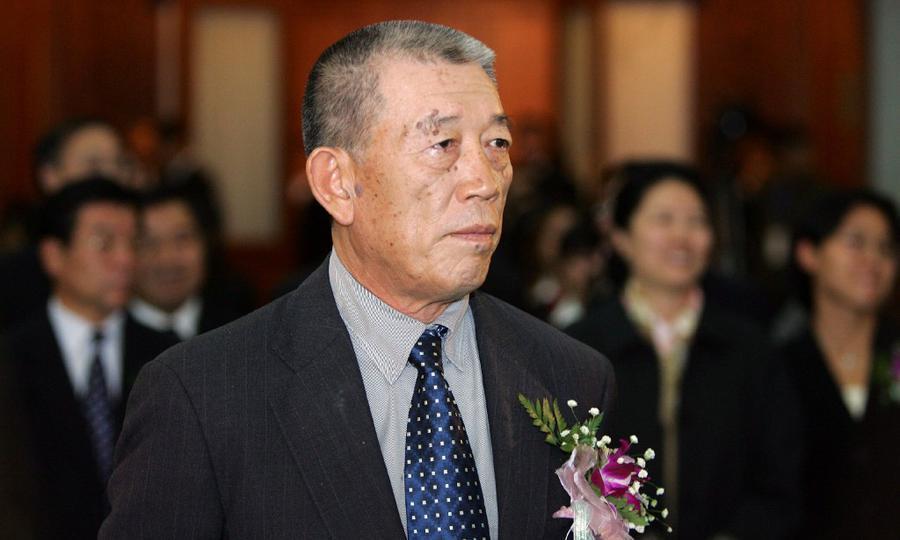
Former CITIC chair Wang Jun dies at 78
At the helm of China International Trust and Investment Corporation, now CITIC Group, for more than a decade, Wang played a key role in reshaping the business model of what was at one point China's largest company. CITIC remains one of the largest holders of foreign assets.
State-owned news website ThePaper.cnfirst reportedWang's death, detailing his long career which began when he served with the People's Liberation Army's navy in the late 1970s. He joined the just-established CITIC in 1979 as a department chief, working his way up to become the conglomerate's chairman from 1995 to 2006.
In his 27 years at CITIC, Wang left an indelible mark on the firm, ThePaper's obituary noted.
The group played a key role in the country's integration in global financial markets, and during Wang's tenure CITIC was a pioneer in Chinese overseas investment. He also led the organization through the Asian Financial Crisis in 1997 and he credited a controversial decision to sell state assets as helping CITIC weather the storm.
The executive was born in Hunan province in 1941 to father Wang Zhen who rose in the ranks of the Chinese Communist Party to serve as the country's vice-president from 1988 to 1993. The elder Wang was an influential party leader at the time of the founding of the People's Republic of China, earning him the distinction of being one of eight founding fathers. He was also known to have had a close personal relationship with Deng Xiaoping, the Chinese leader who presided over the opening up and reform period of the late 1970s and 1980s.
In addition to his role at CITIC, Wang Jun served as the chairman of Poly Group, a state-owned conglomerate with operations as wide-ranging as arms sales and art auctioning. As of 2013, Poly Group was the world's third-largest art auction house.
According to a book chronicling the history of CITIC, at the age of 38, Wang was the youngest to be chosen to join the group's leadership. Founder Rong Yiren later served as Wang Zhen's successor as vice-president, clearing the way for the younger Wang to succeed him at CITIC.
The book included several descriptions of Wang's exceptional work ethic, with colleagues recounting his time traveling throughout the country with renowned mathematician Hua Luogen to promote advanced manufacturing techniques. While the country suffered through the Cultural Revolution in the 1960s, Wang focused on this work and would 'often drive over [to production sites] at three in the morning.'
At the helm of CITIC in the 1990s, Wang was saddled with the difficult task of carrying out the spirit of Vice-Premier Zhu Rongji's reform efforts at the company level. While the group was technically administered under the direction of China's cabinet, the State Council, Zhu at one point declined to offer state help, encouraging Wang to find a commercial alternative, which led to the sale of assets in 1996.
Sign up for the Daily Report

Legal Disclaimer:
MENAFN provides the information “as is” without warranty of any kind. We do not accept any responsibility or liability for the accuracy, content, images, videos, licenses, completeness, legality, or reliability of the information contained in this article. If you have any complaints or copyright issues related to this article, kindly contact the provider above.






















Comments
No comment